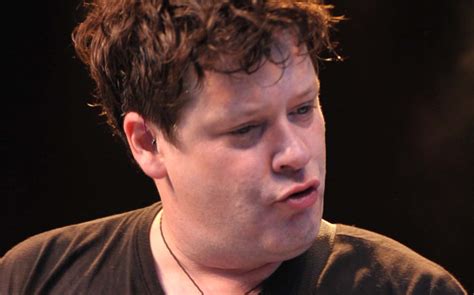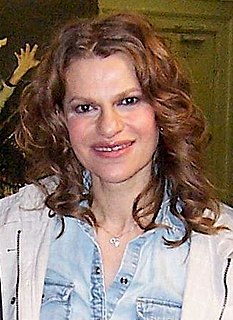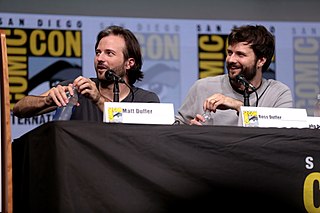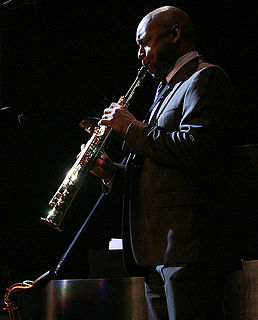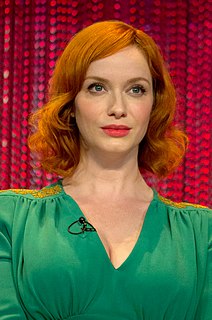A Quote by Hunter Hayes
Related Quotes
I visited New York in '63, intending to move there, but I noticed that what I valued about jazz was being discarded. I ran into `out-to-lunch' free jazz, and the notion that groove was old-fashioned. All around the United States, I could see jazz becoming linear, a horn-player's world. It made me realize that we were not jazz musicians; we were territory musicians in love with all forms of African-American music. All of the musicians I loved were territory musicians, deeply into blues and gospel as well as jazz.
I was an athlete, so I hung out with the jocks. I was smart, so I hung out with the nerdy kids. I was also into theater, so I hung out with the misfits... So I was always in different groups, and those groups never quite overlapped. The racial part of it was just another one of those groups, in one sense.
Luther Vandross and I met in Roberta Flack's band. He was singing background, I was playing bass, and Roberta was beautiful. She's like the mom to all these young musicians in New York. At that time that I met Luther, I was a musician snob. For me, the singers were just the people out in the front to keep the audience entertained. While the musicians did the real work.


